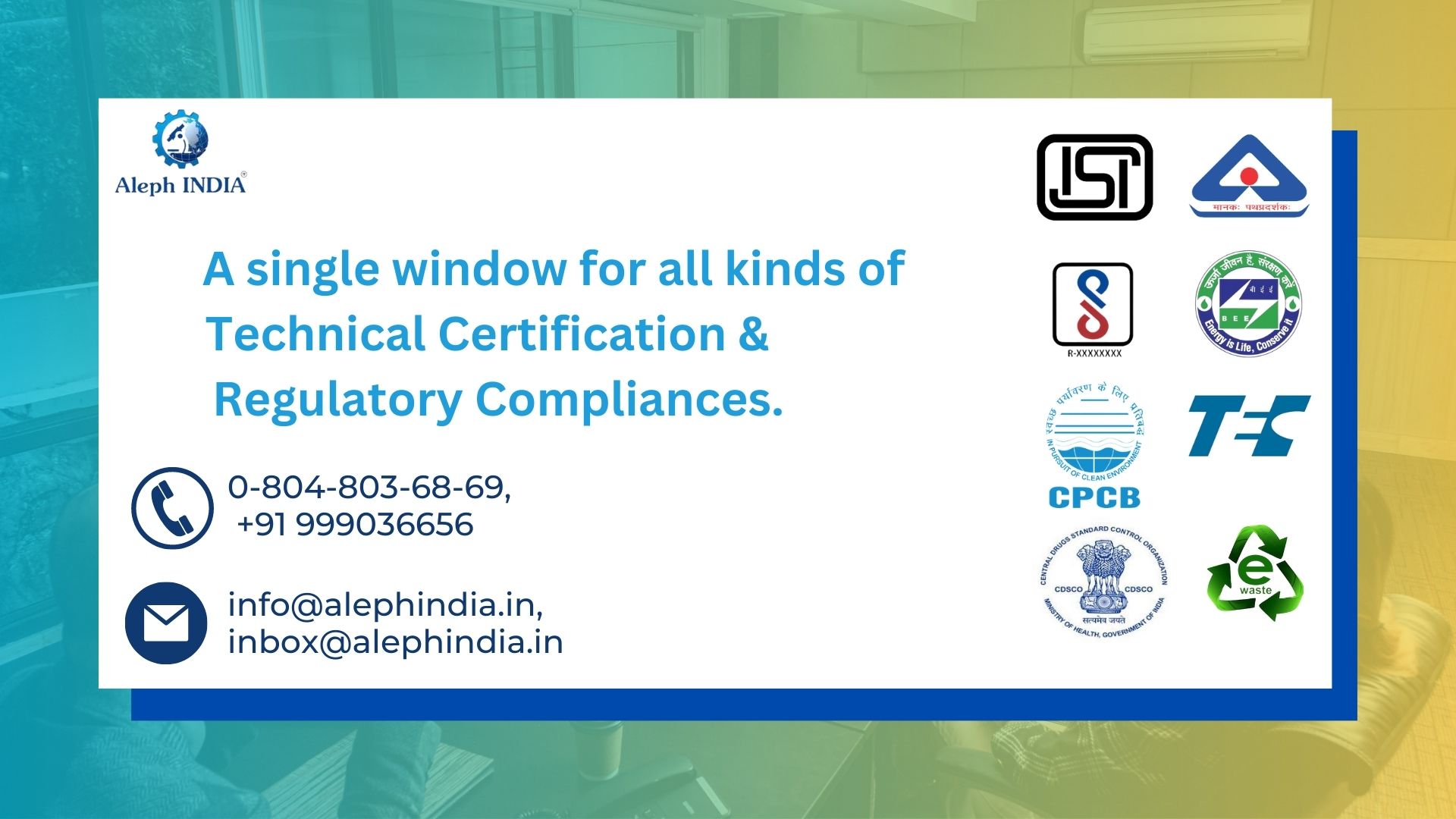What is EPR registration process and benefits ?

Extended Producer Responsibility (EPR) has emerged as a crucial approach for sustainable waste management. EPR authorization provides a framework that optimizes the waste supply chain, improves waste management modalities, and offers various other benefits. In this blog, we will explore the EPR registration process and the significant advantages it brings. EPR Registration Process The process of obtaining EPR authorization typically involves the following steps: Step 1: Application with Required Enclosures The first step is to submit an application to the Central Pollution Control Board (CPCB) or the relevant regulatory authority. The application should include all necessary enclosures, such as company details, product information, proposed waste management plans, financial provisions, and any other documents required by the regulatory body. Step 2: Review of Application by CPCB The CPCB thoroughly reviews the submitted application, assessing its completeness and compliance wit

